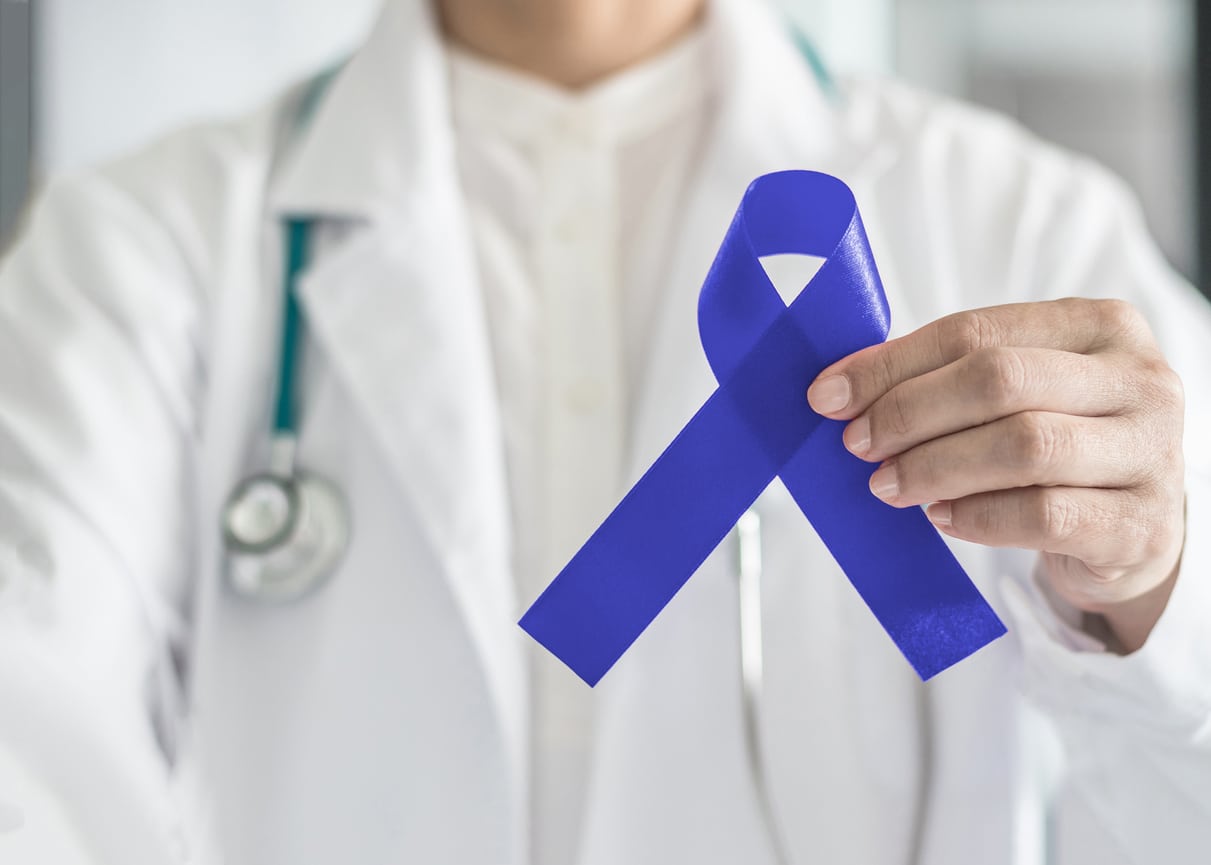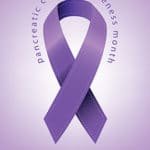Colon cancer, also known as colorectal cancer, is a type of cancer that affects the colon and rectum. It is one of the most common types of cancer, with a significant impact on people's health and well-being. It is important to understand what to know about colon cancer, including its risk factors, symptoms, diagnosis, treatment, and prevention.
Who is at Risk for Colon Cancer?
Colon cancer is influenced by a variety of risk factors, ranging from age and genetics to lifestyle choices. Understanding these risk factors is essential for gauging one's susceptibility to the disease and taking proactive measures to mitigate those colon cancer risks.
- Age: Colon cancer is more common in individuals over the age of 50. Regular screening is recommended for this age group to detect early signs of the disease.
- Family History: If you have a family history of colon cancer or polyps, you may be at a higher risk. Genetic factors can play a significant role in the development of this cancer.
- Polyps: Colon polyps are small growths in the colon lining. Some types of polyps can develop into cancer over time. Regular screenings can help detect and remove these polyps before they become cancerous.
- Diet and Lifestyle: A diet high in red and processed meats, low in fiber, and lacking in fruits and vegetables can increase the risk of colon cancer. Additionally, smoking and heavy alcohol consumption can also be contributing factors.
- Inflammatory Bowel Disease (IBD): Conditions like Crohn's disease and ulcerative colitis are associated with an increased risk of colon cancer.
- Lack of Physical Activity: Leading a sedentary lifestyle can contribute to the development of colon cancer.
What Are The Common Symptoms of Colon Cancer?
Recognizing the symptoms of colon cancer can be the first step toward early detection and effective treatment. Knowing the common signs and understanding their significance is crucial for timely intervention and better outcomes.
- Changes in Bowel Habits: Persistent diarrhea or constipation, or a change in the consistency of your stool, should be noted.
- Blood in Stool: The presence of blood in your stool, either bright red or dark, can be a sign of colon cancer.
- Abdominal Discomfort: Cramps, pain, or a feeling of fullness in the abdomen that persists can be a symptom.
- Unexplained Weight Loss: Significant weight loss without a clear reason should raise concerns.
- Fatigue: Feeling constantly tired or weak can be an indicator of colon cancer.
- Unexplained Anemia: A low red blood cell count can result from slow, chronic bleeding in the colon.
It's important to note that these symptoms can be associated with other, less severe conditions. However, if you experience any of these symptoms, it is advisable to consult a healthcare professional for a proper evaluation.
How is Colon Cancer Diagnosed?
Diagnosing colon cancer involves a range of procedures and tests. Each method plays a vital role in confirming the presence of the disease and determining its stage, enabling healthcare professionals to tailor treatment plans to individual patients.
- Colonoscopy: This is a common test used to examine the inside of the colon. It allows for the detection of polyps, tumors, and other abnormalities. During a colonoscopy, a small camera is inserted into the colon through the rectum.
- Biopsy: If suspicious areas are found during a colonoscopy, a biopsy may be performed. Tissue samples are taken for examination in a laboratory to determine if cancer cells are present.
- Imaging Tests: Imaging techniques like CT scans, MRI, and PET scans may be used to evaluate the extent of the cancer and whether it has spread to other parts of the body.
- Blood Tests: Certain blood tests, such as the carcinoembryonic antigen (CEA) test, can help monitor the progression of colon cancer and its response to treatment.
Colon Cancer Stages and Treatment Options
Understanding colon cancer and its treatment options is essential for tailoring effective care plans. This cancer progresses through various stages, each demanding a specific approach to treatment.
In Stage 0 and Stage I, when the cancer is limited to the inner lining or localized to the colon, surgery is often curative. For Stage II, where the cancer invades deeper layers, surgery remains primary, with additional treatments considered based on individual factors.
By Stage III, when cancer spreads to nearby lymph nodes, a combination of surgery and chemotherapy is typically recommended. In the most advanced Stage IV, with distant organ involvement, treatment becomes more comprehensive, involving surgery, chemotherapy, targeted therapy, and immunotherapy.
Each stage of colon cancer calls for a stage-specific treatment plan. Options include surgery, chemotherapy, radiation therapy, targeted therapy, and immunotherapy, selected based on the cancer's stage, the patient's health, and other unique factors. A multidisciplinary healthcare team collaborates closely with patients to create personalized treatment strategies for their specific conditions.
How to Prevent Colon Cancer
Preventing colon cancer is a proactive endeavor that involves making healthy lifestyle choices and undergoing regular screenings. Being aware of effective prevention strategies can significantly reduce the risk of developing this disease.
- Regular Screenings: Screening tests, such as colonoscopies, are essential for early detection and prevention. Regular screenings can help identify and remove polyps before they become cancerous.
- Healthy Lifestyle Choices: Maintaining a balanced diet rich in fruits, vegetables, and whole grains, along with regular exercise and limited alcohol and tobacco consumption, can reduce the risk of colon cancer.
- Know Your Family History: If you have a family history of colon cancer or related conditions, discuss your risk with a healthcare provider.
- Aspirin: Some studies suggest that aspirin may help reduce the risk of colon cancer, but it should be used under the guidance of a healthcare professional due to potential side effects.
Colon Cancer Screenings at Northeast Digestive
Colon cancer is a prevalent and potentially life-threatening disease. However, with regular screenings, early detection, and advances in treatment options, the prognosis for colon cancer has improved significantly in recent years. It is essential to be aware of the risk factors, symptoms, and preventive measures to reduce your risk and ensure the best possible outcome if you or a loved one is diagnosed with this condition. Contact Northeast Digestive to schedule a comprehensive consultation and screening today.




